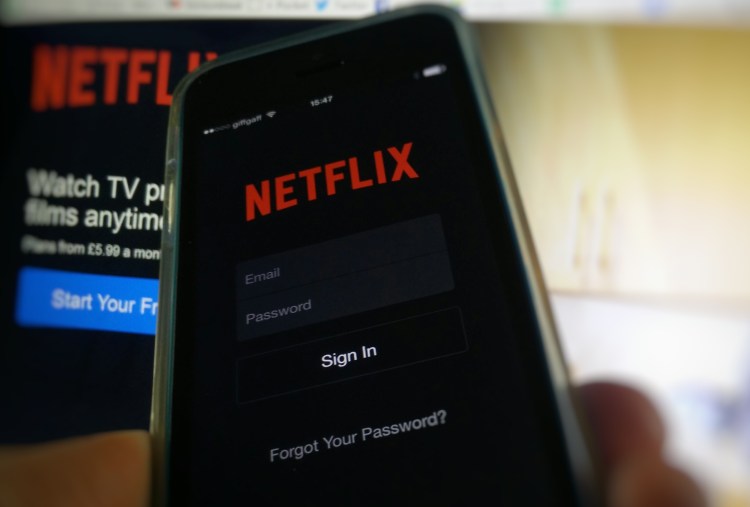Want smarter insights in your inbox? Sign up for our weekly newsletters to get only what matters to enterprise AI, data, and security leaders. Subscribe Now
Netflix is pulling no punches in its quest to differentiate, even if it means its customers lose out in the short-term.
The video-streaming giant revealed yesterday that it would not be renewing its Epix deal, which effectively means that a number of big-name movies will be pulled from the platform in the U.S. at the end of September.
Through joint ventures with Paramount Pictures, Lionsgate, and MGM, Epix is able to license movies, including exclusive deals, in key markets. Indeed, Epix and Netflix inked such a deal for the U.S. back in 2010, though the exclusive window ended after two years, meaning companies such as Amazon could also jump on board.
By pulling out of the Epix tie-up, Netflix is going for the exclusives jugular, a process that’s bolstered through an increasing focus on its own original content. It’s clearer than ever that Netflix doesn’t want to compete with the many other video-streaming players out there; it wants to create a clear choice for prospective subscribers — what you’ll find on Netflix, you’ll find nowhere else.
Indeed, it’s plain to see that Netflix doesn’t want to be lumped in alongside the likes of Amazon and Google. So much so, it’s happy to point prospective subscribers to its supposed competition.
For example, last year Netflix confirmed (again) that it has no plans to offer offline access to its millions of users — in its statement at the time, the company said, “There are plenty of other options if people want offline playback.” In terminating the Epix partnership, the same rules apply. The company said in its latest statement:
“While many of these movies are popular, they are also widely available on cable and other subscription platforms at the same time as they are on Netflix and subject to the same drawn out licensing periods.”
In other words, if you want these movies, you have many options already — you don’t need them on Netflix too.
Instead, Netflix refers to its new upcoming slate of original films, and hinted at some “innovative licensing arrangements with the movie studios.” It’s also quick to point out that Netflix will be the “exclusive US pay TV home” for new Disney titles, covering Pixar, Lucasfilm, and Marvel movies. This includes the new Star Wars flicks, too. “The majority of these films will arrive on Netflix faster than traditional arrangements had previously allowed,” the company continues.
Netflix claims 65 million users across more than 50 markets, including the Americas and large swaths of Europe, as well as Australia and New Zealand. The company enters Asia for the first time this week, launching in Japan, and has already revealed its first original series for the market. With plans to expand globally, in more than 200 countries by the end of 2016, it’s clear where Netflix sees itself in what is a fiercely competitive space — “exclusive” and “original” is the name of the game.
“Our goal is to provide great movies and TV series for all tastes, that are only available on Netflix,” it adds.
While ending its Epix deal will, of course, upset some people in the short-term, it’s actually a smart move in light of the company’s long-term objectives. By focusing on unique and original content, Netflix won’t have to fight for mindshare using small differentiators such as price points, or some trivial app “feature.” It will become the must-have subscription streaming service, with viewers then deciding between Amazon Instant Video, Hulu, Google Play, and all the rest for the myriad of other movies and T.V. shows out there.


